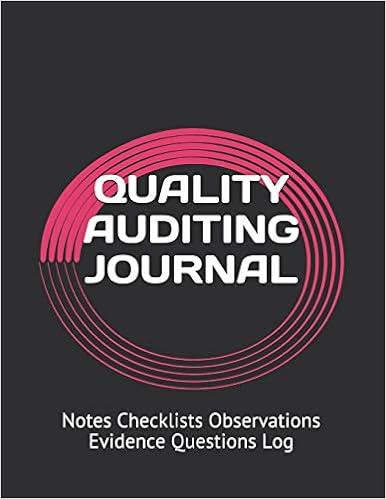Consider a weather forecaster who is paid based on her performance. Each day, she forecasts the probability q[0,1] that it will rain the following day. She is given a bonus that depends on her forecast and whether it rains. Assume that the forecaster knows the true probability, p, and when choosing her forecast, q, cares only about maximizing her bonus for that day (in particular, she may lie about the probability if doing so increases her pay). (a) Suppose the bonus is equal to the percentage the forecast assigns to what actually happens. For example, if the forecaster says there is a 72% chance of rain (i.e. q=0.72 ), then she is paid $72 if it rains and $28 if it does not rain. If the forecaster is a risk neutral expected utility maximizer, what forecast will she make (as a function of p )? (b) Suppose instead that the bonus is equal to 100(1(1q)2) dollars if it rains and 100(1q2) dollars if it does not rain. For example, if the forecaster says there is an 80% chance of rain, she is paid $96 if it rains and $36 if it does not rain. If the forecaster is a risk neutral expected utility maximizer, what forecast will she make (as a function of p)? (c) Would your answer to part (b) change if the forecaster was risk averse? (d) Now suppose that the scheme in part (b) is replaced with a randomized scheme that pays $100 with probability (1(1q)2) if it rains, $100 with probability 1q2 if it does not rain, and otherwise pays $0. For example, if the forecaster says there is an 80% chance of rain, she has a 96% chance of getting $100 and a 4% chance of getting nothing if it rains, and she has a 36% chance of getting $100 and a 64% chance of getting nothing if it does not rain. If the forecaster is a risk neutral expected utility maximizer, what forecast will she make (as a function of p )? Consider a weather forecaster who is paid based on her performance. Each day, she forecasts the probability q[0,1] that it will rain the following day. She is given a bonus that depends on her forecast and whether it rains. Assume that the forecaster knows the true probability, p, and when choosing her forecast, q, cares only about maximizing her bonus for that day (in particular, she may lie about the probability if doing so increases her pay). (a) Suppose the bonus is equal to the percentage the forecast assigns to what actually happens. For example, if the forecaster says there is a 72% chance of rain (i.e. q=0.72 ), then she is paid $72 if it rains and $28 if it does not rain. If the forecaster is a risk neutral expected utility maximizer, what forecast will she make (as a function of p )? (b) Suppose instead that the bonus is equal to 100(1(1q)2) dollars if it rains and 100(1q2) dollars if it does not rain. For example, if the forecaster says there is an 80% chance of rain, she is paid $96 if it rains and $36 if it does not rain. If the forecaster is a risk neutral expected utility maximizer, what forecast will she make (as a function of p)? (c) Would your answer to part (b) change if the forecaster was risk averse? (d) Now suppose that the scheme in part (b) is replaced with a randomized scheme that pays $100 with probability (1(1q)2) if it rains, $100 with probability 1q2 if it does not rain, and otherwise pays $0. For example, if the forecaster says there is an 80% chance of rain, she has a 96% chance of getting $100 and a 4% chance of getting nothing if it rains, and she has a 36% chance of getting $100 and a 64% chance of getting nothing if it does not rain. If the forecaster is a risk neutral expected utility maximizer, what forecast will she make (as a function of p )







